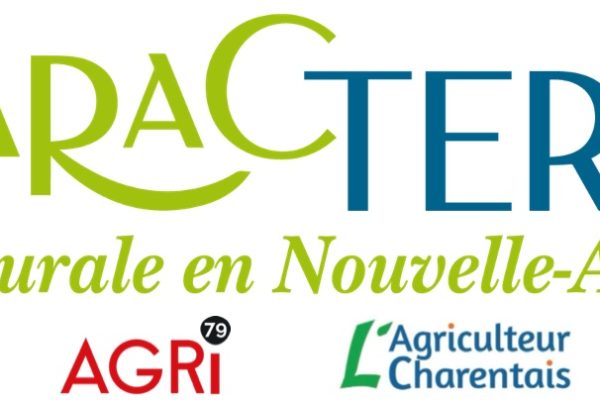Document type: Presentation of a research project by theFrench Agroforestry Association
Author: Association Française d'Agroforesterie
Preview : Agroforestry as a way of helping poultry farmers to adopt practices that take greater account of animal welfare and the environment. The DEVANCE project (DEVelping an agroforestry Aviculture industry in the Nouvelle-aquitaine region , to help farmers, society, the Climate and the Environment), supported by the Nouvelle-Aquitaine region and co-financed by the European Union, works in partnership with the Maïsadour cooperative group and Landfile. It sets out to organise actions on the ground in the Nouvelle-Aquitaine region, in order to strengthen the region's transition from poultry systems to agroforestry, and to accelerate the on-farm provision of scientific advice to farmers on the creation of agroforestry "poultry ranges". It forms part of a strong regional approach that brings together multiple societal, environmental and economic services to benefit farmers, processors and consumers alike. The Association Française d'Agroforesterie, the project lead, is responsible for the overall coordination and management of the operational group and for technical, R&D and communication activities. Open-air poultry farming systems practiced in agroforestry are known in France as poultry ranges. A poultry range occupies the entire available surface area provided for poultry production. It includes building(s), circulation and access spaces, along with the open-air production area.
Poultry ranges are relevant to many current questions, with numerous benefits and services rendered. Against a backdrop of growing concern over avian flu and changing societal expectations, poultry ranges offer solutions to:
- Adapting livestock systems to climate change and mitigating it;
- Améliorer l’acceptabilité des élevages par les citoyens grâce à l’arbre ;
- Reducing the risk of avian flu by removing wild birds at risk.
Poultry need thermal comfort for their well-being and development, as temperatures above 24°C can be detrimental to their growth and survival. Isolated trees, copses and hedges within poultry runs will therefore help in:
- Providing shade in summer;
- Helping regulate temperature down to 2°C at night and 12°C during the day;
- Helping to protect poultry from wind and predators;
- Helping to reduce greenhouse gas emissions by encouraging the even distribution of poultry;
- Helping to reduce feed costs;
- Providing carbon storage ;
- Improving the thermal insulation of buildings.
Widespread adoption of such farming systems would help meet the health, economic, social and environmental challenges facing the poultry industry.




